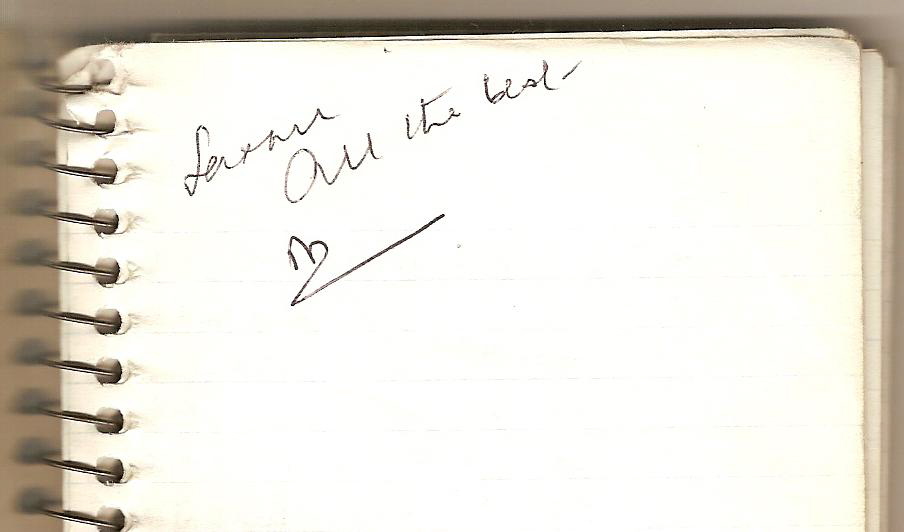
In our pursuit of progress and success, we often prioritize the accumulation of wealth, inadvertently relegating time to a secondary role. However, it is essential to recognize that while money can be earned or regained, time is an irretrievable asset. This article delves into the significance of effective time management, highlighting a personal encounter with the renowned business tycoon, Azim Premji, and the valuable lessons gleaned from his exemplary approach to handling time.
Most of the times we associate our progress with money and relegate time to background. But the truth of life is, one can earn money at any time, or even make up for lost money, but one cannot earn back time or make up for lost time.
Sometime in 1999, I had the opportunity to meet Sri Azim Premji in the airport. There was some delay in the regular flights, due to some cancellation and Indian Airlines offered a complementary breakfast spread. I spotted him with a couple of his colleagues, in apparent serious discussion, while sampling a few food items. One could immediately guess that there was something important planned ahead and the flights issue, put a dampener on it, and he was doing his best to compensate and most importantly manage time effectively.
Time, the elusive constant that we often take for granted, holds a profound significance in our lives. As I reflect on my interaction with Azim Premji back in 1999, the airport encounter painted a vivid picture of a man who valued time above all else. Amidst flight delays and disrupted schedules, Premji’s unwavering focus on managing time efficiently was palpable. Even as I approached him seeking an autograph, his initial reaction conveyed the urgency and importance he placed on his time. Nevertheless, upon discovering my professional aspirations, his demeanor softened, and he graciously obliged, leaving little room for small talk. It was evident that individuals like Azim Premji regard time management as paramount, proactively taking charge of their schedules instead of allowing time to dictate their lives.
Observing Azim Premji engrossed in earnest discussions with his colleagues, his unwavering commitment to optimizing time became increasingly evident. With every nibble of food and every exchange of ideas, he exuded an aura of purposeful efficiency, unaffected by the curious gazes of onlookers. Premji’s approach to time management exemplified a cardinal rule: by projecting oneself as someone prepared and ready for any challenge, the schedule inevitably becomes packed with meaningful tasks. It was an unspoken lesson in conveying priorities through actions, ensuring that each moment is allocated to the most significant endeavors. The encounter left an indelible impression, emphasizing the importance of proactive time management as a crucial aspect of achieving success.
“To see the world, things dangerous to come to, to see behind walls, to draw closer, to find each other, and to feel. That is the purpose of life.” – The Secret Life of Walter Mitty
This quote from the movie The Secret Life of Walter Mitty encapsulates the essence of effective time management discussed in this article. The protagonist embarks on an extraordinary journey, driven by the realization that life is about experiencing moments, connecting with others, and truly feeling. Similarly, Azim Premji’s relentless pursuit of time management reflects a deeper understanding of life’s purpose. By efficiently managing time, we create opportunities to explore, grow, and connect with the world around us. Premji’s dedication to optimizing time serves as a powerful reminder that time is not merely a resource to be consumed but a catalyst for meaningful experiences and personal growth.
In a world often preoccupied with financial gains, it is crucial to reorient our perspective and recognize the true value of time.


